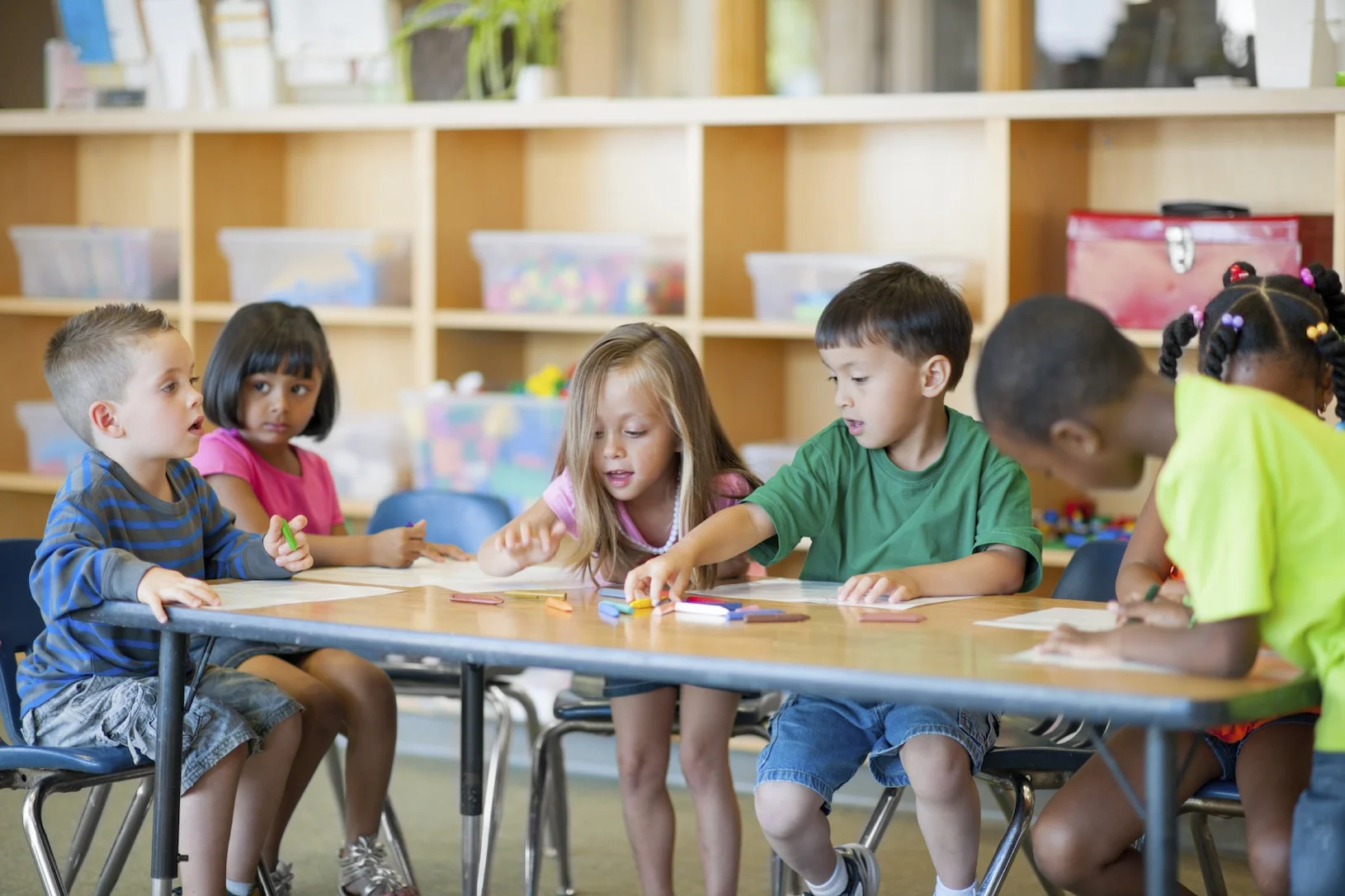Since life changed in March, you may have noticed your child having more potty accidents, thumb sucking, or drinking from a bottle when your child has not done these things in years. Your child may also have more tantrums and appear clingy as well. It can feel confusing as a parent as to why this is happening and what to do about it.
Read MoreBibliotherapy is a creative art therapeutic approach that uses literature to aid in the therapy process. Children’s books can be an excellent clinical tool to support children’s exploration and understanding of their world and life experiences. This is a great tool I often give to parents in order to continue the therapeutic work outside of the office. Many children identify with the characters in the book because they are overcoming the same obstacles.
Read MoreDid you know that 7.1 percent of children struggle with an anxiety disorder? Many other children will struggle with stress and nervousness. If you suspect that your child is struggling with the aforementioned, bibliotherapy is a great way to introduce the subjects.
Read MoreWelcome to the third and final week of my blog series featuring all six topics covered in Heights Family Counseling’s week long School Readiness Camp. This week’s blog will take a closer look at frustration tolerance and communication/listening skills. Below are links to 3 of my previous blogs.
Read MoreThrough the elementary years, children gain insight on how to better control their emotions, behavior, and attention. Children gain the ability to cope with impulses and delayed gratification. Children begun to think about thought processes, emotion, and develop critical thinking skills.
Read MoreIn the heat of the moment we often forget the coping mechanisms we learn in therapy. It's easy to forget to pause and take a deep breath. I wanted to give you this list to help you in those moments where taking a deep breath just doesn't do the trick. Here are a 100 coping strategies to choose from. Enjoy!
Read MoreResearch shows children can begin experiencing anxiety in early childhood. As adults, we often think of anxiety as evidenced by constant worry and fidgeting. While children may exhibit these symptoms, there are a number of others ways children experience anxiety. Anxiety presents itself in a plethora of ways, such as
Read MoreListening to the behavior and responding to the emotion the child is trying to communicate is the path to fostering emotion regulation.
Read MorePressure. I feel it, you feel, and our children feel it. We feel the pressure to succeed, the pressure to be the best parent, and the pressure to raise successful children. Our society has created this undue pressure to “be the best.” It is normal to see high schools placing pressure on good grades and getting accepted into desirable colleges.
Read MoreFor as long as I can remember, I have been obsessed with Greek mythology. I could not get enough of the deities and heroes of ancient Greece and their triumphs against evil with their awe-inspiring powers. In addition to being transfixed by the general magnificence of the gods (particularly the female ones; looking at you Artemis.), I was also drawn to another common figure within many of the myths: the sage. In Greek myths, the sage is there to provide prophecies, wisdom, and guidance, to our heroes on their various heroic journeys.
Read MoreLargely, I operate from a strengths-based perspective meaning that when working with clients I emphasize the positive and I collaboratively work with each client to find ways to encourage positive thinking patterns. A counselor operating from a strengths-based perspective helps clients identify their strengths, social supports, successes, and positive experiences in their life.
Read MoreThe seamless exchange of oxygen and carbon dioxide that keeps our bodies humming along. And even though it’s a process that is obviously incredibly crucial to our lives, it’s something we typically give very little thought to. It’s one of the hundreds of valuable processes that our bodies execute automatically, and, as such, requires very little of our conscious effort.
Read More










